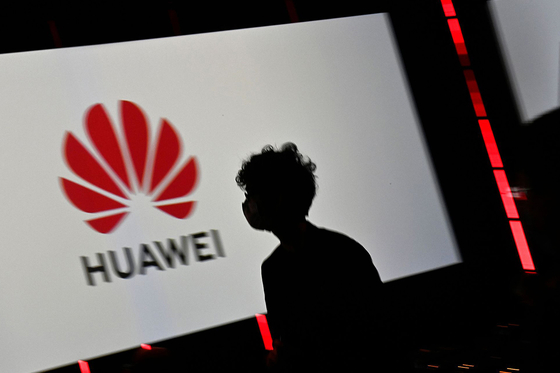Daily Tech Roundup features the top technology news from China and Asia.
Recent articles have detailed the effectiveness of AI-powered learning gadgets such as point-and-read pens, electronic dictionaries, and tutoring machines, which often become ineffective over time. However, new AI-powered learning tablets are attracting attention as they are reported to improve children’s exam performance. Since 2021, when China banned after-school tutoring, these educational hardware devices have boomed, with 4.7 million learning tablets sold last year. Surveys have found that about 70% of parents are inclined to buy these gadgets for their children. Despite positive feedback suggesting improved efficiency in knowledge acquisition, it is uncertain whether these can replace face-to-face tutoring. [para. 3][para. 4][para. 5].
Citing national security concerns, Germany’s ruling coalition has decided to remove Huawei and ZTE components from its 5G core mobile network by the end of 2026. By the end of 2029, these components should also be removed from 5G access and transport networks. The decision comes after extending the deadline for the implementation of the first phase by one year due to disagreements within the coalition government over the stringency of the proposals. [para. 6][para. 7][para. 8].
While AI-generated music has received significant investment in the United States, China has taken a more targeted approach. China’s AI music efforts have focused primarily on improving song recommendation algorithms and providing soundtracks for short videos, rather than on creating chart-topping hits. Experts say AI in music production is still in its infancy and is more useful in predicting potential commercial success than in actual music production. [para. 9][para. 10].
The People’s Liberation Army’s Southern Theater Command (STC) has shown unusual support for the development of the low-altitude economy after the central government indicated it would open up more airspace for civilian use. The STC air force will work with the Guangdong provincial government to address issues such as low-altitude airspace classification and coordination among various departments. [para. 11][para. 12].
Chenqi Technology Co., Ltd., operator of ride-sharing platform OnTime, raised $124 million on its first trading day in Hong Kong, closing its shares 3.14% below its IPO price. Despite an initial decline of 14%, shares closed at HK$33.90, giving the company a market capitalization of HK$6.92 billion. Of the 30 million shares offered, 77% was acquired by major investors including Guangzhou Automobile Industry Group, autonomous driving companies Pony i, WeRide Corporation and Didi Chuxing’s autonomous driving unit Voyager Group. [para. 13][para. 14][para. 15].
AI generated, for reference only


